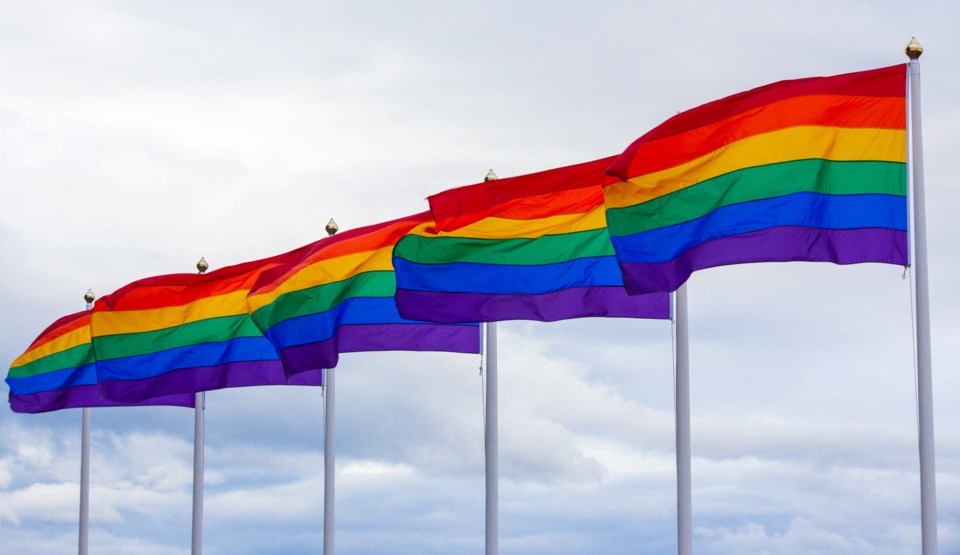A Boulder County advocacy group is pushing county and state health officials to make a stronger effort to reach and establish trust with the LGBTQI communities during the COVID-19 pandemic.
The task will not be easy since the county’s LGBTQI landscape is varied, said Mardi Moore, executive director of Out Boulder County. However, she said outreach during the COVID-19 crisis is especially critical to make sure the LGBTQI community and other often overlooked groups get access to the coronavirus vaccine.
“We have unusual families, we have our own family networks,” Moore said. “There is a tendency to overlook us even though we live in every corner of the world.”
An important step, Moore said, is for Boulder County health officials to include the collection of sexual orientation, gender identity,and intersex status data in their vaccine distribution plan for LGBTQI individuals.
“I think Boulder County does a good job of tracking race and ethnicity in their vaccination plan,” Moore said. “But I just don’t think we are being counted.”
Out Boulder County is joining 125 lesbian, gay, bisexual, transgender, queer and intersex health policy advocates to call upon the Association of State and Territorial Health Officers to create an inclusive and coordinated plan to distribute the COVID-19 vaccine and make concerted efforts to reach and establish trust with LGBTQI populations, according to a news release.
The Association of State and Territorial Health Officers is a national nonprofit organization representing public health agencies and their employees.
“WIthin the United States, Black, Indigenous, Latinx, and other communities of color have borne the brunt of the illness and death resulting from the pandemic,” the news release states. “It is imperative that the COVID-19 vaccination efforts reach those communities.
“In addition, LGBTQI people must be included in comprehensive and targeted messaging campaigns in order for these populations to participate in vaccination efforts,” the release states.
In a letter, the 125 groups also ask the Association of State and Territorial Health Officers to collect sexual orientation, gender identity and intersex status data in their vaccination plans for LGBTQI communities to help track and respond to issues for those communities.
Vaccination information to LGBTQI communities should come from a range of trusted authorities, the letter states. The groups also make the case that collecting the data will allow local governments and health officials to better support LGBTQI communities and more thoroughly respond to public health crises, the news release states.
“We really are laying the groundwork for what comes next, “ Moore said.
Out Boulder County has designed a survey to better understand LGBTQI community perspectives and needs related to the COVID vaccine, Moore said. Her group will provide the survey information to Boulder County Public Health.
Boulder County Public Health spokeswoman Chana Goussetis in an email said the new statewide COVID reporting system captures more inclusive gender identities.
But when cases come in from the statewide disease system, they typically say male, female or unknown, although there are also options in the system for “Male to Female” and “Female to Male,” Goussetis said.
The county’s most recent data includes five people with a gender other than male, female or unknown, Goussetis said.
Currently, 52.4% of the county’s cases with a known sex are female and 47.5% are male, she said.
“It’s important to note that we haven’t been able to conduct comprehensive disease investigations for many, many cases due to the high volume, so there are many in which there was no opportunity to ask,” Goussetis said.
COVID data
For more information on Boulder County COVID cases, deaths, hospitalizations and trends, click here.



